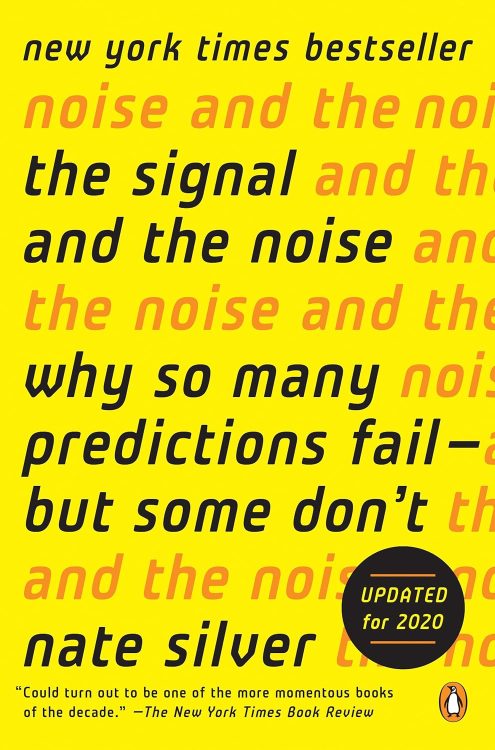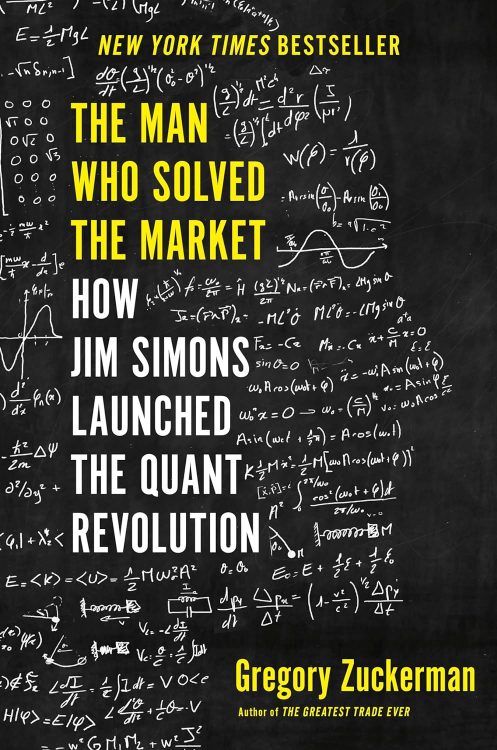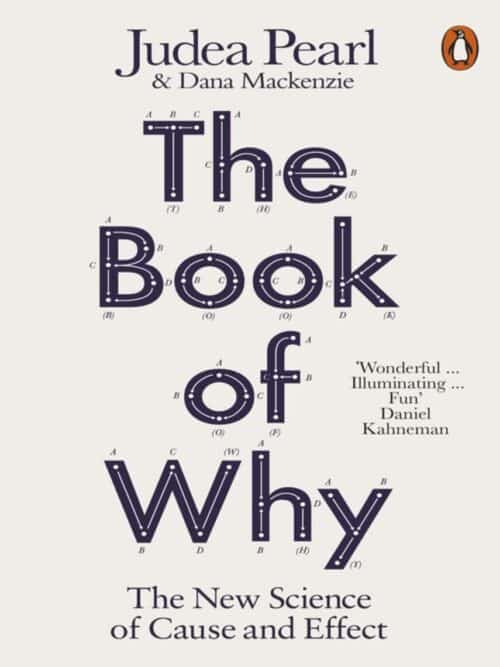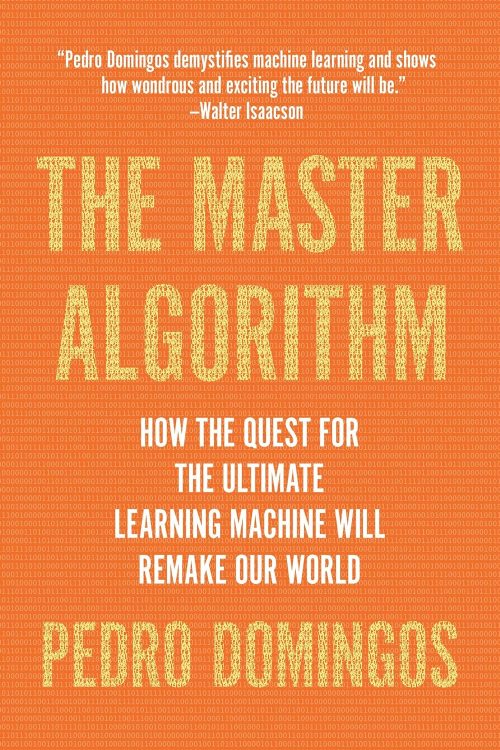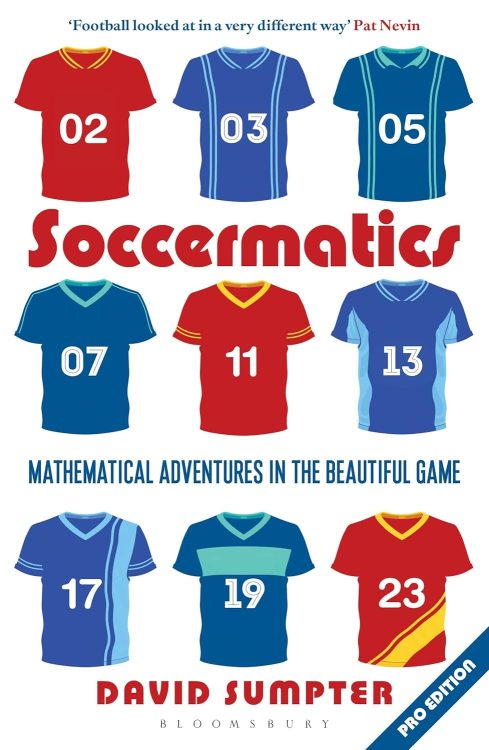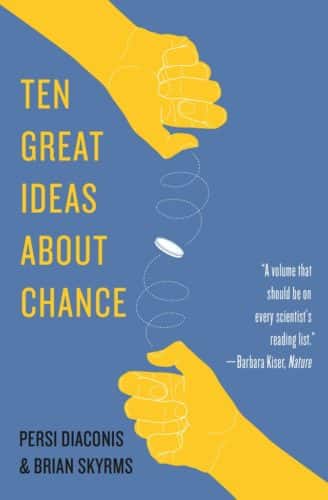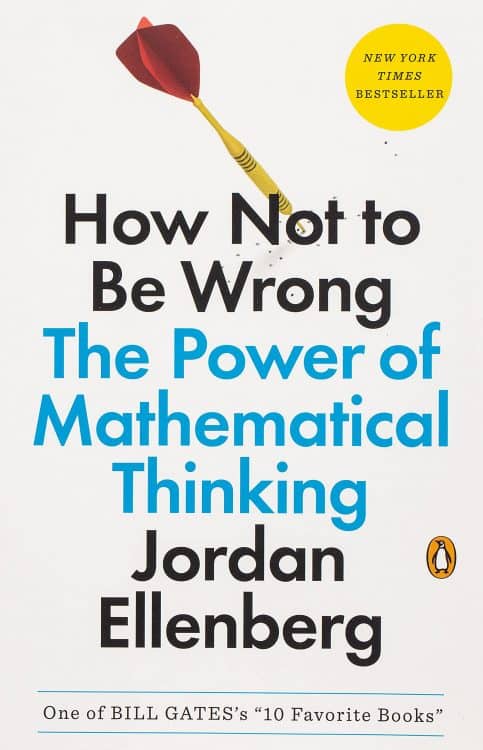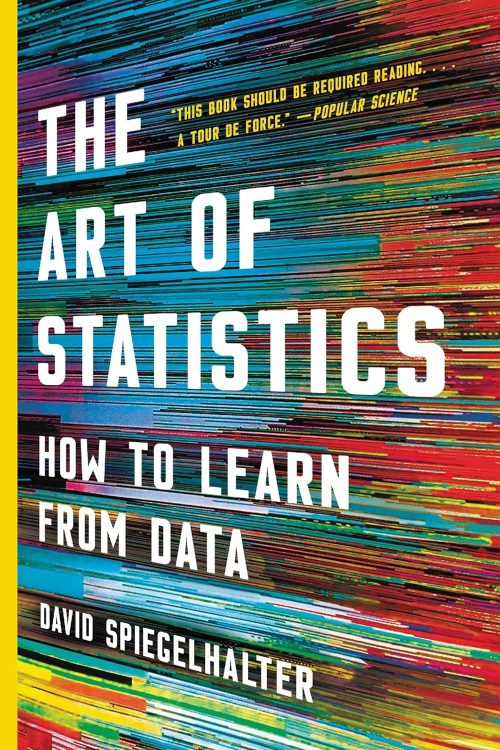The Knowledge Illusion is a thought-provoking book that ventures deep into the psychology of knowledge and human intelligence. With co-authors Steven Sloman and Philip Fernbach leading the discourse, the book dissects the paradox of how we can orchestrate moon landings and map the human genome without knowing the workings of everyday objects like pens and toilets. This conundrum takes us on an intriguing exploration of our cognitive limitations and the societal web that compensates for them.
Through a series of engaging anecdotes and studies, the book unfurls the central idea that intelligence is not solely contained within the boundaries of individual minds but is instead a collective endeavor. Our dependency on communal knowledge becomes evident as the authors enlighten us on how our understanding of the world is not just internalized but externalized, drawing upon the minds and expertise of those around us.
In what seems to be an almost invisible dance of intellect, “The Knowledge Illusion” offers profound insights into why we often overestimate our own understanding and why we’re susceptible to the illusion of explanatory depth. The book carefully untangles the reasons behind our often unfounded confidence in personal knowledge, showing its roots in societal knowledge networks rather than in the individual’s expertise.
But the authors don’t leave the reader in despair about humanity’s cognitive blunders. In fact, they celebrate the collective mind’s accomplishments, suggesting that this interdependence has been the real key to humanity’s remarkable achievements and that true brilliance arises from the symbiotic relationships within our communities.
“The Knowledge Illusion” brings to light the implications of our networked intelligence on education, management, and politics. It warns us of the pitfalls of an overly individualistic view and promotes collaborative methods that leverage the collective brainpower to its fullest.
In conclusion, Sloman and Fernbach have crafted a book as enlightening as it is humbling. Meticulously researched and persuasively written, “The Knowledge Illusion” challenges readers to rethink what they know—or what they think they know. It’s a fascinating read for anyone curious about human cognition, social structures, and the limitations and potentials of our interconnected minds. The illusion, as it turns out, might be one of our greatest strengths when embraced wisely.


